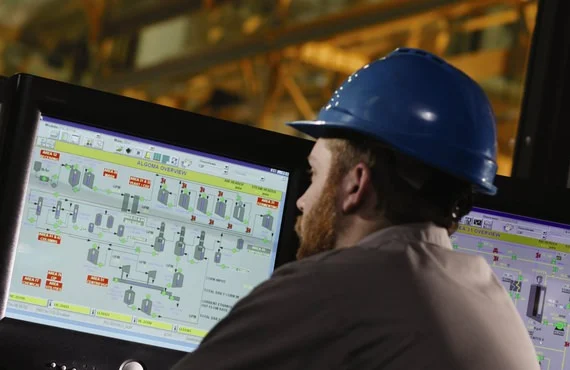

The course covers the key elements associated with the application of process control to the hydrocarbon and chemical processing industries. The course will begin with an introduction to process control that demonstrates the primary economic benefits associated with improved process control.
Upon completion of this course, participants will:
Understand the operation of control loop hardware as well as know the expected performance characteristics of the components that comprise a control loop
These include:
Operators and technicians working in the petrochemical, oil, and gas process industries with a need to understand and use process control.
This interactive Training will be highly interactive, with opportunities to advance your opinions and ideas and will include;
Day 1
Introduction
Control Loop Hardware
Day 2
PID controller tuning
Day 3
Simulation In-Class Exercises
Controller Troubleshooting
Advanced PID Control
Day 4
Advanced PID Control
Multivariable Control
Day 5
Case Studies
Overview Wrap-up of Course
Exercises
CDGA attendance certificate will be issued to all attendees completing minimum of 75% of the total course duration.
| Code | Date | Venue | Fees | Register |
|---|---|---|---|---|
| IE117-02 | 15-06-2026 | Istanbul | USD 5950 | |
| IE117-03 | 12-07-2026 | Dammam | USD 5450 | |
| IE117-04 | 06-12-2026 | Dubai | USD 5450 |
Providing services with a high quality that are satisfying the requirements
Appling the specifications and legalizations to ensure the quality of service.
Best utilization of resources for continually improving the business activities.
CDGA keen to selects highly technical instructors based on professional field experience
Since CDGA was established, it considered a training partner for world class oil & gas institution
3012, Block 3, 30 Euro Business Park, Little Island, Co. Cork, T45 V220, Ireland
Mon to Fri 09:00 AM to 06:00 PM
Contact Us anytime!
Request Info